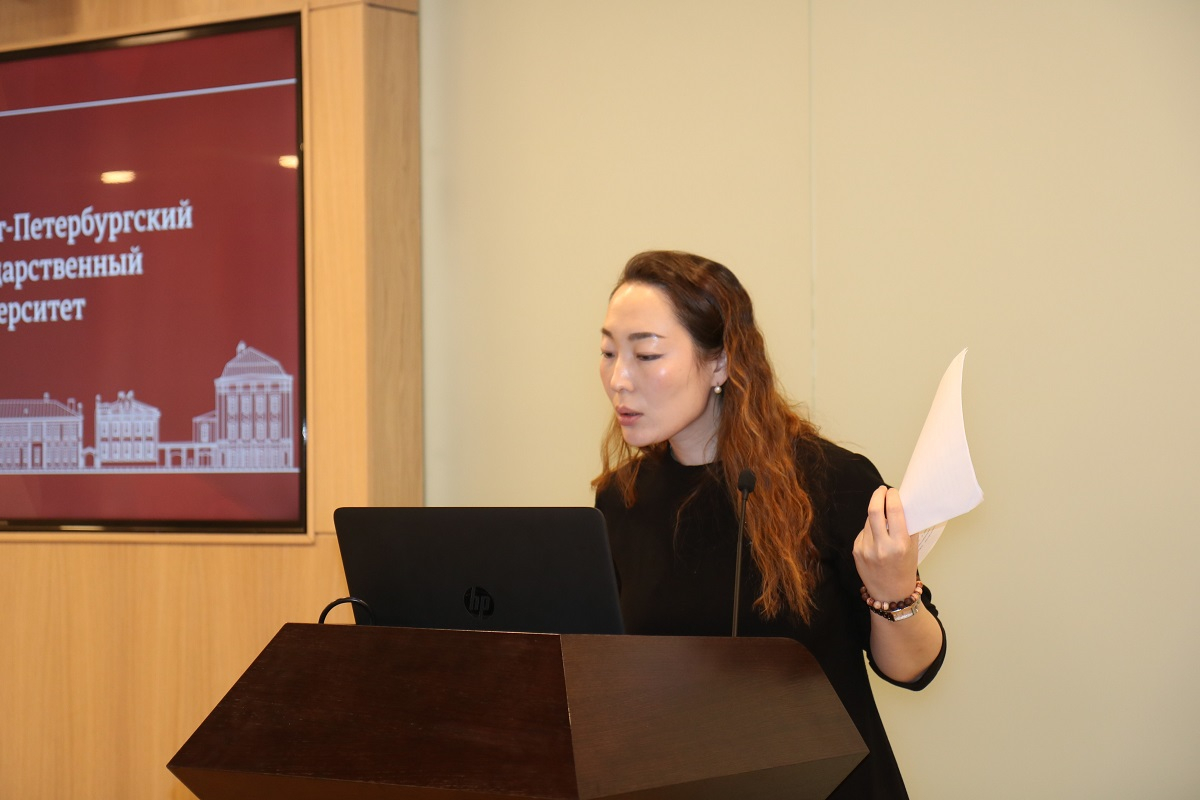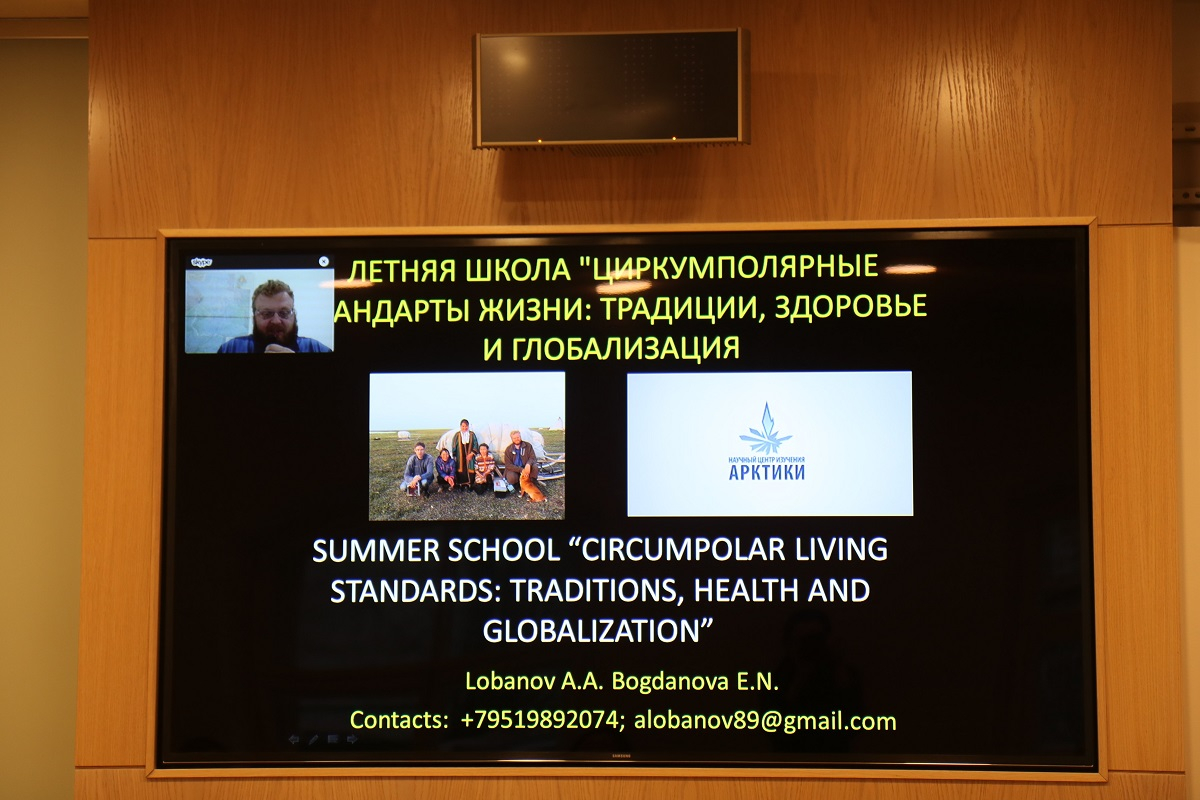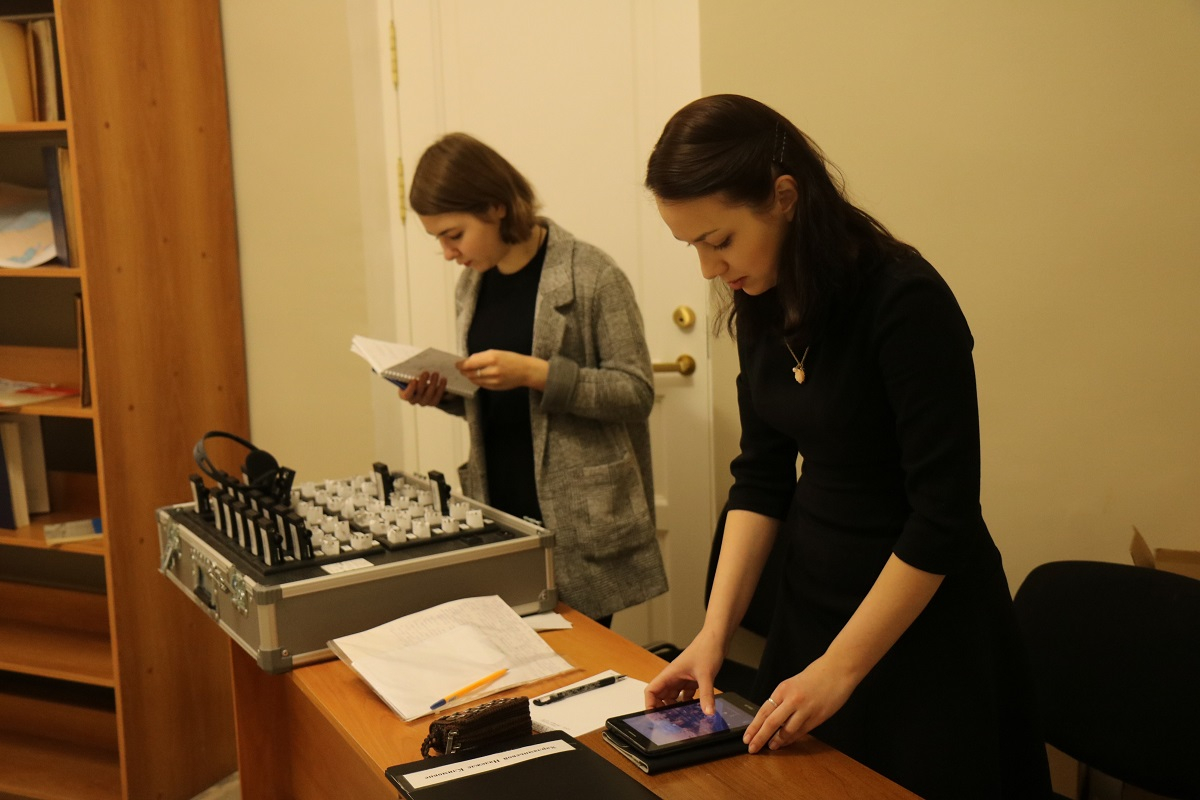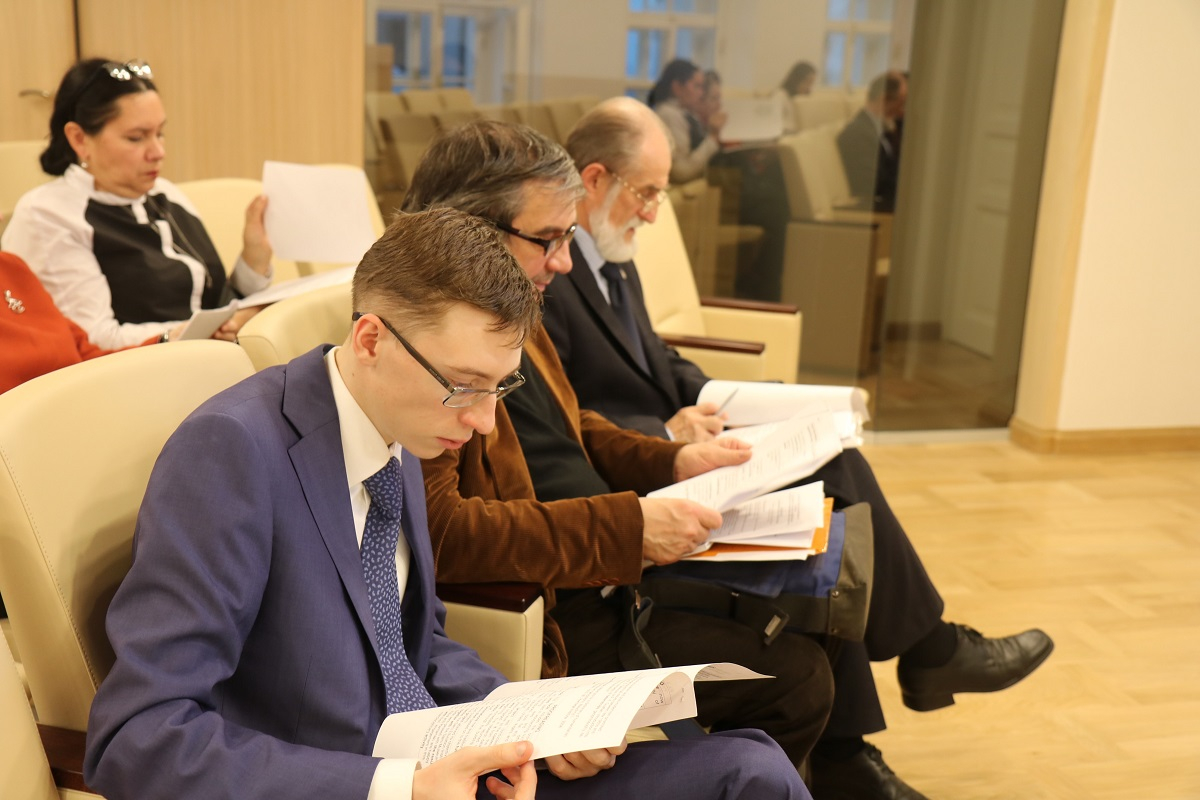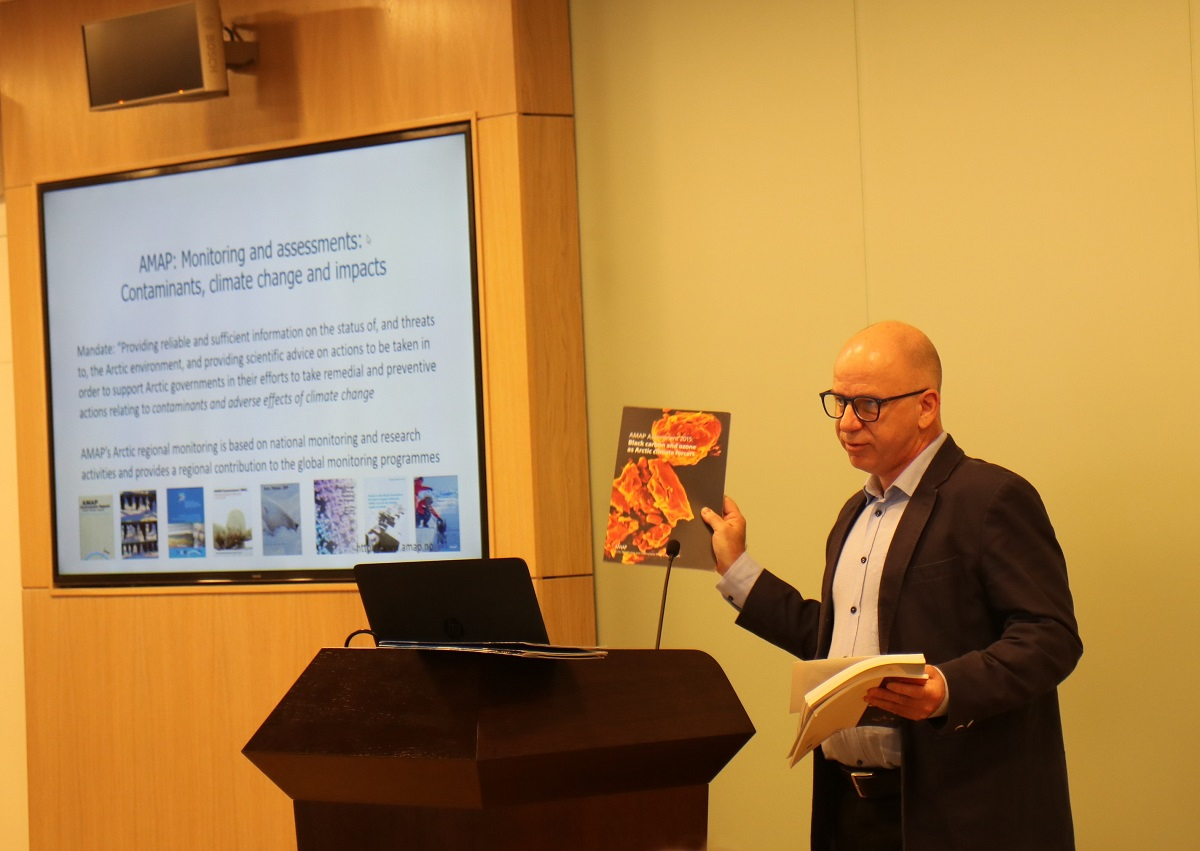SPbU as a platform for global Arctic dialogue
At the annual seminar International Research Collaboration in the Arctic at SPbU, the world’s leading scientists, diplomats of the state-members of the Arctic Council, and Russian politicians have met to discuss collaboration between the north countries in the polar region and key areas for joint research projects.
At the opening of the meeting, Consul General of Norway Dag Malmer Halvorsen told that the Arctic problems have not only regional impact in the northern countries, say, Norway or Russia, but global as well.
“Everything that happens in the Arctic goes beyond the Arctic. Today we have to make joint endeavours to create a new and sustainable polar region. Research is a resource that we must share”, — said Consul General. Little wonder that St Petersburg is so concerned with the Arctic region, said he.
St Petersburg is a window to Europe and a door to the Arctic.
Consul General of Norway Dag Malmer Halvorsen
Research on the north region and educating students to work in the harsh and severe conditions in the polar region is an overarching priority of St Petersburg University. The University has already gained a recognition as a leading centre of the Arctic research, said SPbU’s Professor, Advisor of the Chairperson of the Legislative Assembly on International Affairs Vataniar Iagia.
“Last year, SPbU hosted the first in history UArctic Congress, which contributes to the idea to make St Petersburg an Arctic cluster that was suggested by Governor Georgii Poltavchenko several years ago”, — said Vatania Iagia.
Our primary concern should be collaboration on the sustainable development of the region, said the representative of the Consulate General of Finland Sebastian Gahnström. The overarching priority of Finland, as a chairperson of the Arctic Council, is climate change and environment protection, added he.
It is science that must be at the core of collaboration on the Arctic.
Representative of the Consulate General of Finland Sebastian Gahnström
The opening ceremony was followed by the reports and lectures of the scientists at the five sessions: Sustaining Arctic Observing Networks, Research and Educational Programmes on the Russian Arctic, Arctic Tourism Public Relations in the Arctic, and Culture and Arts of the Arctic Peoples.
SPbU’s Associate Professor and organizer of the seminar Nadezhda Kharlampievna, in her report on International research and educational collaboration to study the Russian Arctic: Research methodology, told that research collaboration between the countries on the Arctic is dramatically changing. “The changes primarily concern internationalization of research and education. Recently, we are more likely to use our knowledge to create a nature-oriented space. Moreover, there are more and more opportunities for research expeditions and educational tourism», — said Nadezhda Kharlampievna.
The main areas and outcomes of the research collaboration in the Arctic were covered in the report by the Executive Director of the Arctic Monitoring and Assessment Programme (AMAR), secretary of the Sustaining Arctic Observing Networks (SAON) Jan-Rene Larsen. The seminar adopted a resolution to prepare two events to be held in St Petersburg University in 2018: All-Russian Congress “Arctic: Research, Culture, and Arts” and 7th Russia-China seminar on the Arctic collaboration.


